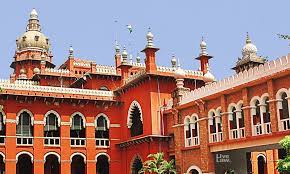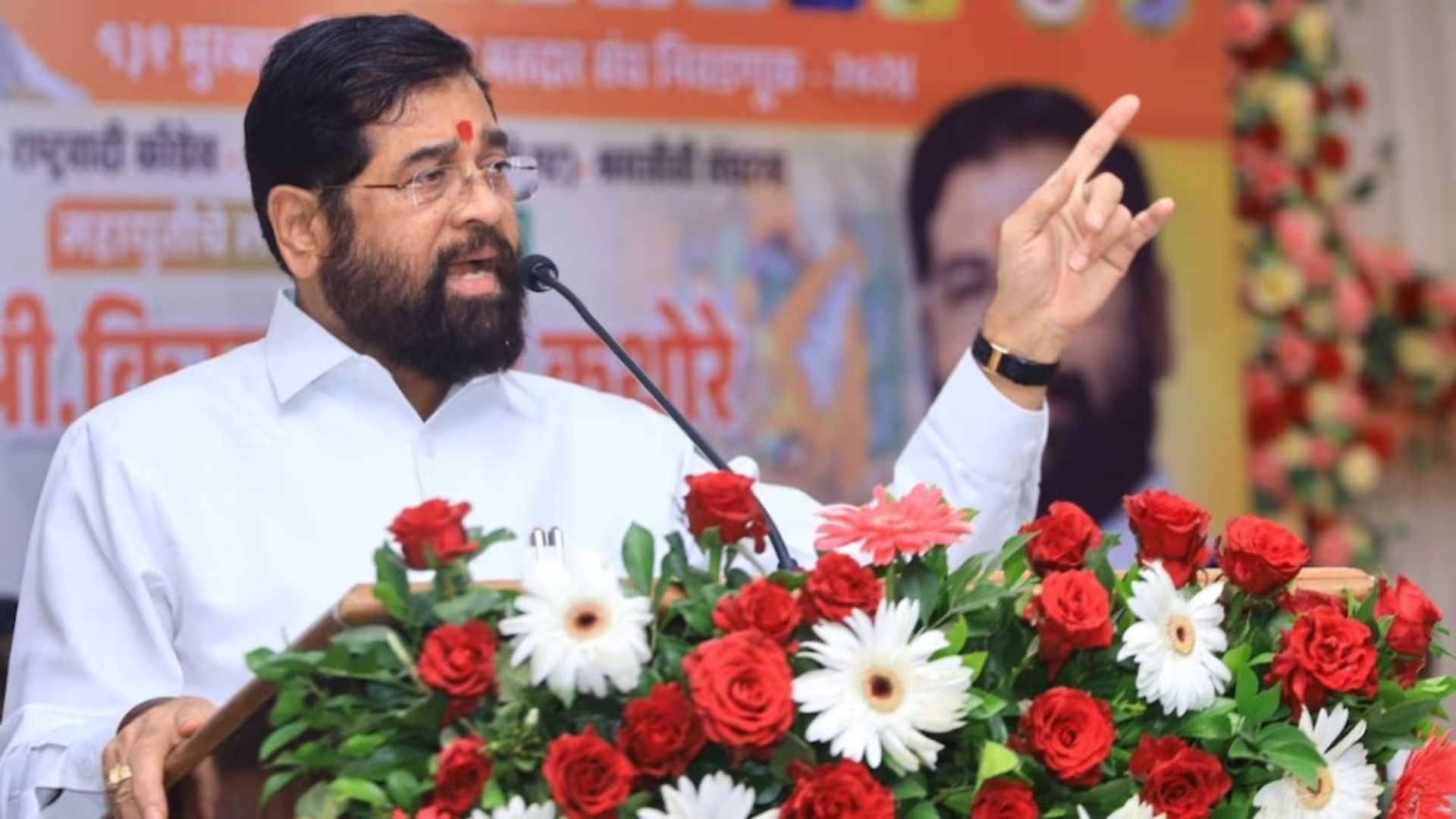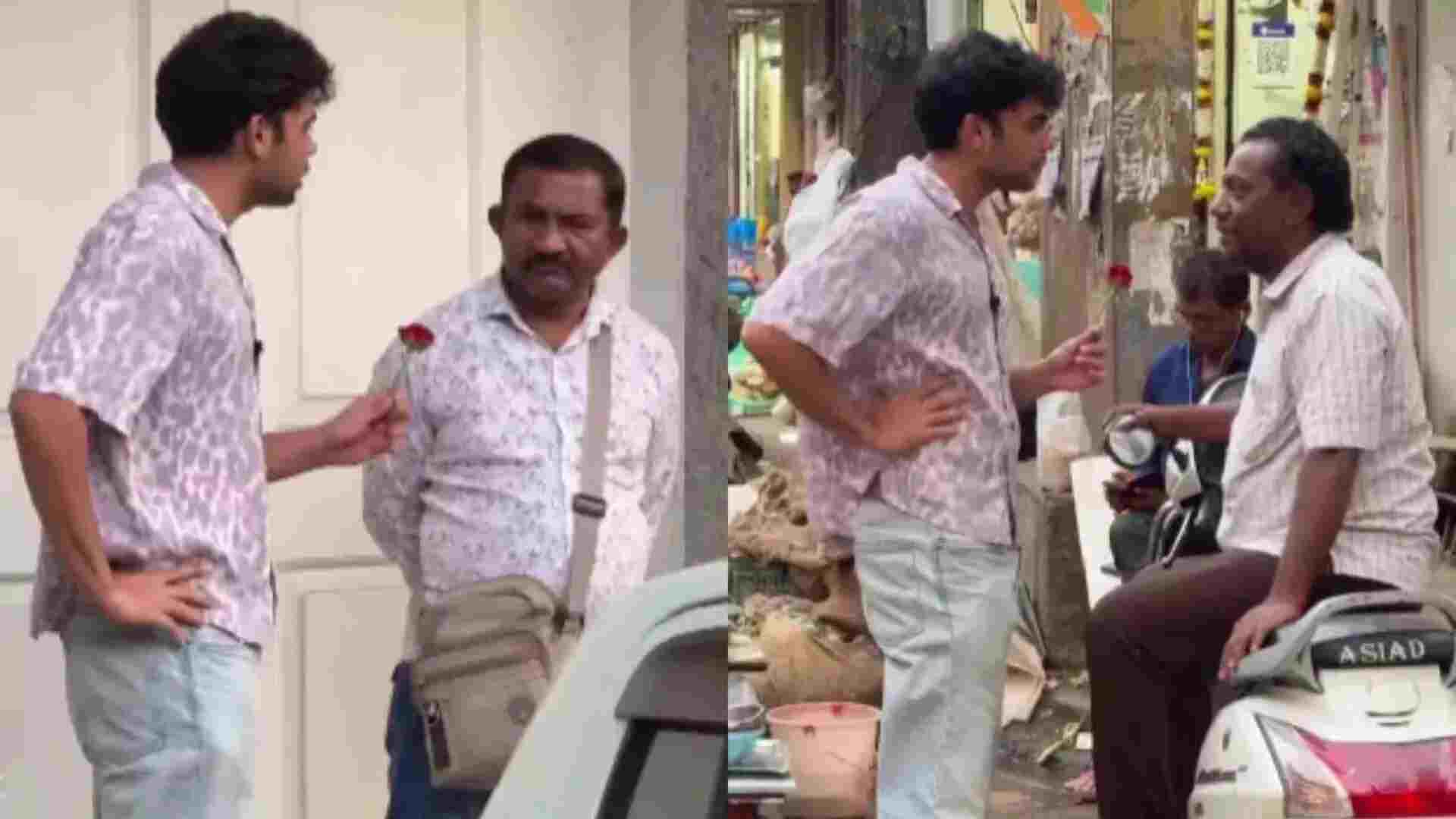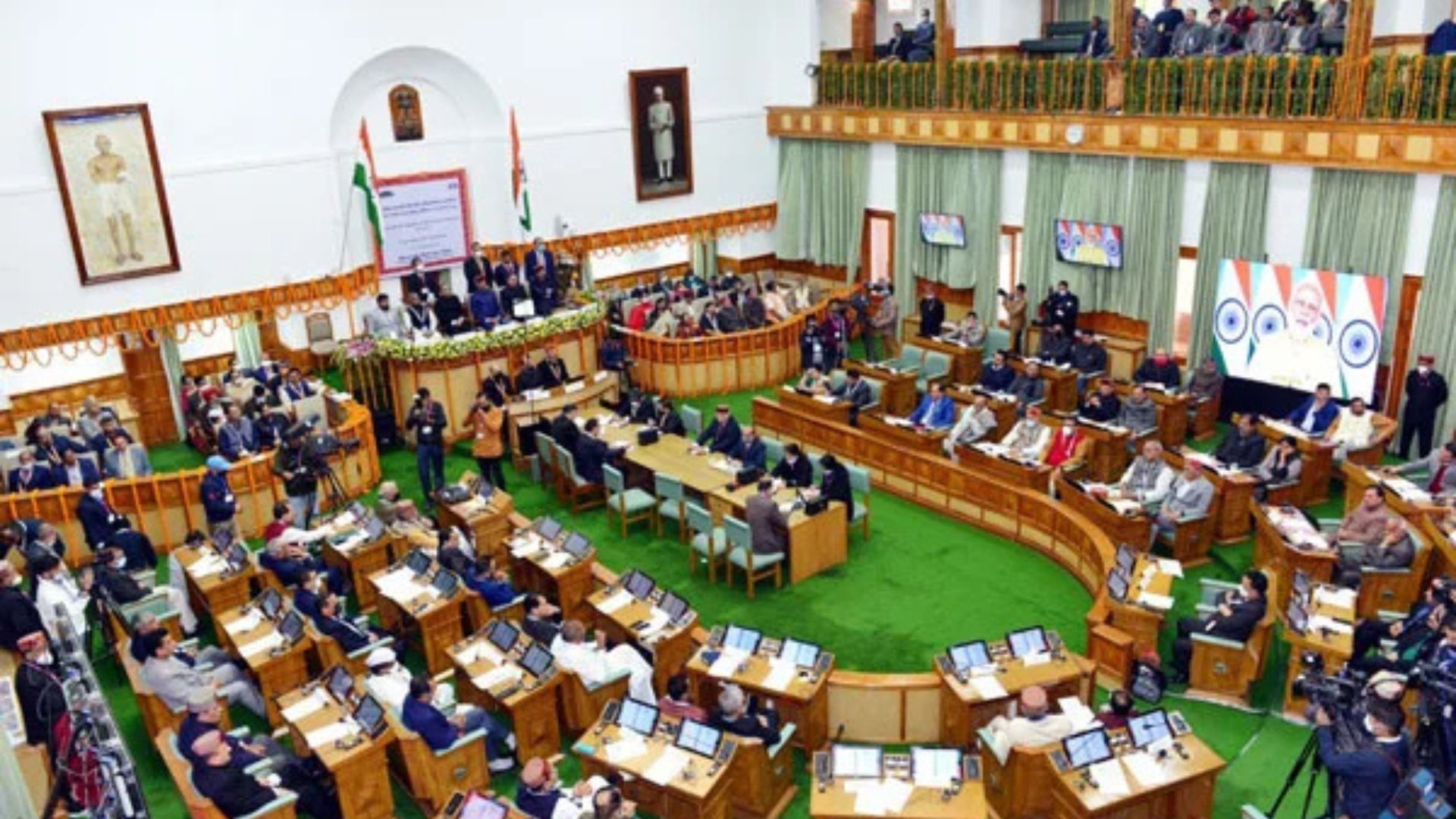
The Madras High Court in the case Deepa Traders Versus Principal Chief Commissioner of GST & Central Excise observed and has held that the errors committed are inadvertent and, in fact, the rectification would enable proper reporting of the turnover and input tax credit to enable the claim to be made in an appropriate fashion by the assessees.
The Single bench headed by Justice Anita Sumanth in the case observed that the petitioner in the plea must be permitted with the benefit of rectification of errors and there will be no malafides as it is attributed to the assesses.
Therefore, petitioner or assessee who being a dealer under the provisions stated under the Central Goods and Services Tax Act, 2017 in a metal and steel scrap. Thus, the direction is seeks for the respondents or department in order to enable the petitioner to rectify clerical errors in the details which are uploaded by it in Form GSTR -1 for the period 2017-2018 and cause the amendment of the Forms.
However, the petitioner in the plea in respect of the returns for a few months during the period 2017-2018 has committed certain errors, Thus, the error being committed were the recipient’s GSTIN or the name was wrongly mentioned; the invoice number or date have been wrongly mentioned; supply details were correctly being supplied in GSTR 3 and the tax was duly remitted and has also omitted some of the invoice-wise details and the same is to be reported in Form GSTR 1. Therefore, the IGST was inadvertently being remitted under the heads of CGST and SGST.
Further, the error was being attributed to inadvertent carelessness which being on the part of a part-time accountant then employed by the petitioner and the said errors have been occasioned during the initial months of implementation of Goods and Services Tax and thus having no knowledge of the conditions which fully meet the demands of the system.
Accordingly, the court granted six weeks’ time to the respondent is to enable uploading of the rectified GSTR 1














